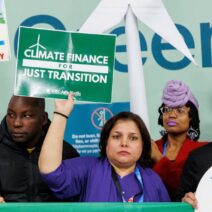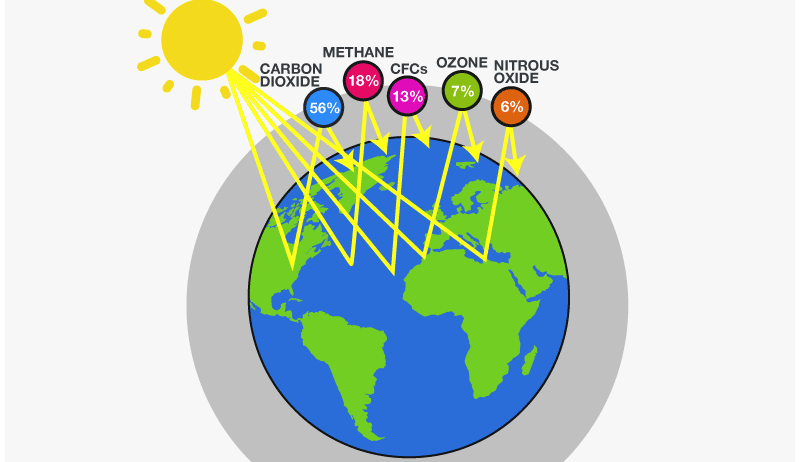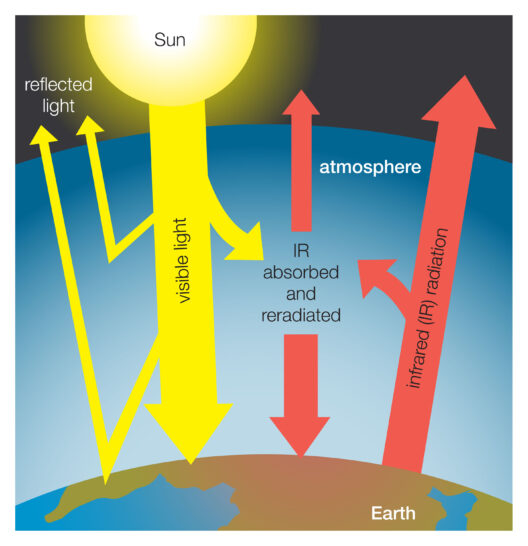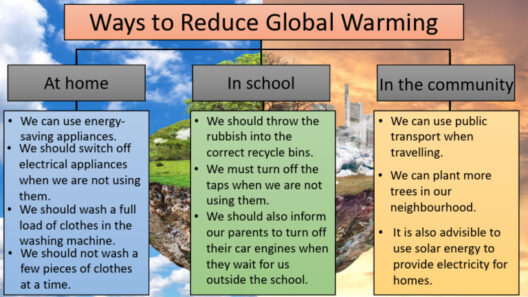Global warming represents one of the most pressing challenges humanity faces today. Its pervasive impact stretches beyond mere environmental concerns, influencing economic stability, health outcomes, and social dynamics across the globe. Yet, despite the overwhelming evidence pointing to an escalated climate crisis, there remains a flickering hope: the collective power of individual and societal action. This article delves into the myriad ways we can confront global warming, examining approaches ranging from personal lifestyle changes to advocating for systemic policy shifts.
The Importance of Individual Actions
Many individuals often underestimate their potential impact in combating global warming. However, it’s essential to recognize that collective actions, when multiplied, can alter the trajectory of climate change. Simple lifestyle adjustments can contribute significantly to reducing carbon footprints, both at home and in the community.
Firstly, energy consumption plays a pivotal role in global warming. Transitioning to renewable energy sources, such as solar or wind power, can diminish reliance on fossil fuels. Individuals and households are encouraged to invest in solar panels, which, while initially costly, pay dividends over time through reduced energy bills and lower greenhouse gas emissions.
Moreover, one can adopt energy-efficient appliances that consume less power while maintaining productivity. The EPA’s Energy Star program provides a plethora of resources to help consumers make informed choices that benefit both their wallets and the planet.
Transportation represents another significant contributor to greenhouse gas emissions. By utilizing public transportation, carpooling, or embracing alternative modes of transport like cycling and walking, individuals can substantially lower their carbon emissions. Investing in electric vehicles is an additional measure that, while requiring a higher upfront investment, offers long-term financial and environmental benefits.
Concurrently, dietary choices also influence the climate crisis. Shifting towards a plant-based diet can dramatically reduce greenhouse gas emissions associated with livestock farming. The production of meat and dairy is more resource-intensive compared to plant-based foods, making this a potent avenue for individuals seeking to lessen their climate impact.
Community and Collective Initiatives
While individual actions are crucial, the impact magnifies exponentially when communities come together to advocate for change. Grassroots movements and local initiatives can drive significant improvements in environmental health and sustainability. Mobilizing neighborhoods to participate in tree planting or community gardens can enhance local ecosystems and foster a sense of community. These initiatives not only combat air pollution but also connect individuals to the environment, encouraging sustained ecological mindfulness.
Furthermore, educational outreach plays an instrumental role in addressing climate issues. Implementing programs in schools aimed at teaching students about climate change and sustainability can cultivate lifelong stewards of the environment. Engaging young minds in hands-on environmental projects can inspire a new generation to prioritize the health of the planet.
Another essential facet of community action is engaging with local policymakers. Citizens can bolster efforts to influence legislative decisions pertaining to climate action. Numerous organizations provide platforms that empower individuals to voice their concerns and support policies aimed at environmental protection. Advocacy for renewable energy incentives, carbon tax frameworks, and regulations limiting emissions can usher in systemic change.
Corporate Responsibility and Sustainable Practices
In addition to individual and community efforts, the role of corporations in mitigating global warming cannot be understated. Business operations are significant contributors to greenhouse gas emissions. Therefore, companies have a moral and economic imperative to adopt sustainable practices.
Implementing corporate social responsibility (CSR) strategies can be transformative. This encompasses everything from reducing energy use in manufacturing processes to sourcing materials sustainably. Companies can also commit to transparent reporting on their carbon footprints, holding themselves accountable to consumers and stakeholders.
Moreover, innovation in sustainable technology opens new avenues for businesses to thrive while promoting environmental health. For instance, developing biodegradable packaging alternatives or investing in carbon capture technology can position companies as leaders in sustainability, attracting environmentally conscious consumers and investors alike.
Collaborative efforts with NGOs and environmental organizations can further enhance corporate sustainability initiatives. These partnerships provide invaluable insights and resources, empowering businesses to adopt best practices rooted in ecological stewardship.
Global Cooperation: A Collective Responsibility
It is essential to recognize that global warming is a transnational issue, necessitating collaborative efforts that cross borders. International agreements, such as the Paris Agreement, set ambitious targets for reducing carbon emissions. However, the efficacy of these promising accords hinges on the commitment of individual nations to enact tangible change.
Global citizenship fosters shared accountability in the fight against climate change. Citizens can engage in initiatives that promote international cooperation, such as participating in global climate strikes, and supporting organizations that prioritize international environmental actions. By fostering a sense of collective responsibility, individuals can play a role in influencing global agendas on climate policies.
Conclusion: A Call to Action
The climate crisis necessitates an all-hands-on-deck approach. From individual actions that reduce personal carbon footprints to community initiatives and corporate responsibility, every effort counts. While the challenge of global warming may appear daunting, the cumulative impact of individual and collective actions can cultivate change. The time to act is now; the future hinges on our decisions today. Embracing sustainability is not merely an option but an obligation for the well-being of the planet and future generations.







